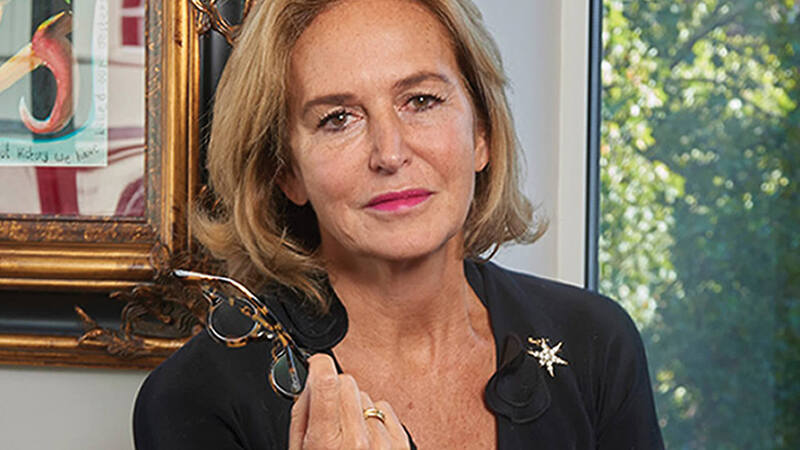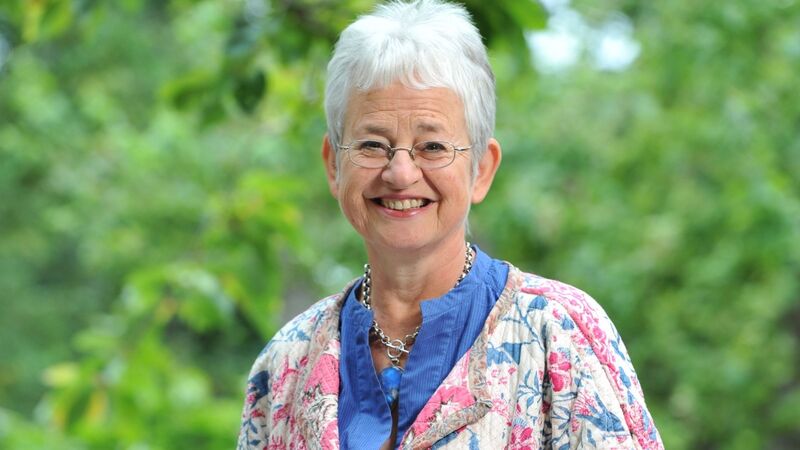You are viewing your 1 free article this month. Login to read more articles.
Zicherman outlines Spotify’s plan to ‘be the catalyst’ for audiobook growth
Spotify’s vice-president and global head of audiobooks Nir Zicherman told delegates at the recent Frankfurt Book Fair that the platform will look to accelerate growth in the audiobook market.
Appearing at Frankfurt Book Fair for the first time, Nir Zicherman, vice-president and global head of audiobooks, told delegates the audio giant plans to harness the “massive untapped potential” and replicate the company’s success with music and podcasts in the audiobook sphere.
The company achieved huge success with podcasts; it offers more than four million through its platform in 180 markets, and had more than 182 million subscribers signed up at the end of its last financial quarter. Its revenue for podcasts alone in 2021 came in at €200m (£170m).
The global size of the book market is estimated to be $140bn, of which audiobooks roughly take a 6%–7% market share. In the Nordic countries, however, this share is closer to 50% of the market, indicative, Zicherman says, of “the pent-up demand that is yet to be unleashed”.
According to Spotify stats, the global audiobook share of the book market is growing 20% year on year, and Spotify says it will emerge as the “most focused” interface for audiobooks. “The change that we saw in podcasts over the past seven years is the change we are going to see in audiobooks,” he said. “The growth is coming, and we want to be the catalyst for that growth.”
The company recently introduced its new audiobook interface, offering a catalogue of 300,000 audiobooks to US listeners. The UK platform is expected to drop imminently, but the company is tight-lipped about a precise date. The company has its sights set on enhanced audiobook discoverability, based on similar features to its algorithmic music and podcast recommendations. Though AI audiobooks are expected to feature, Zicherman said human recordings will be a priority. “Synthetic voices will be used, but not at the expense of [voice] artists,” he said. “It’s our corporate mission to make sure artists can live off their work”.
Pricing for each book is the same whether a user is a Spotify Premium subscriber or uses the platform for free. Each audiobook must be purchased individually, which is likely to open up a new revenue opportunity for publishers. Plans are underway to offer multiple business models, starting with an à la carte scheme, to allow for more flexibility.
Zicherman said a “subscription model is being explored” for audiobooks, but added that the business model will be “innovated in a variety of ways” to the benefit of authors and publishers, though it is “too soon” to give specifics on how exactly authors will be paid.
He has also promised software for authors and publishers to “find their audience” and market their content, and to see how their product is selling on the platform. The company is due to roll out digital assets for authors to share their audiobooks via social media, which are designed to “educate fans about how to find, listen and rate” audiobooks. A title’s performance data is expected to be made available to publishers as the audiobook platform is rolled out across all markets, Zicherman said, noting that “analysis and transparency are a big pain point in this industry”.















